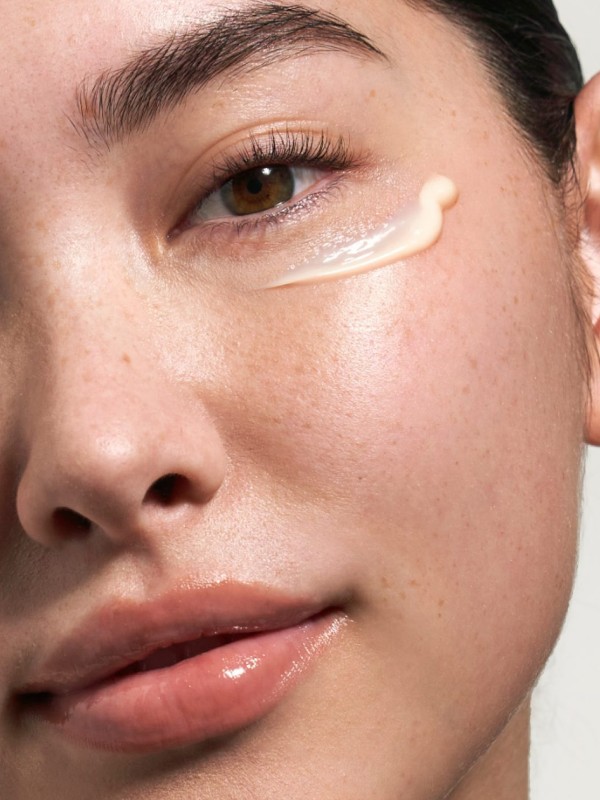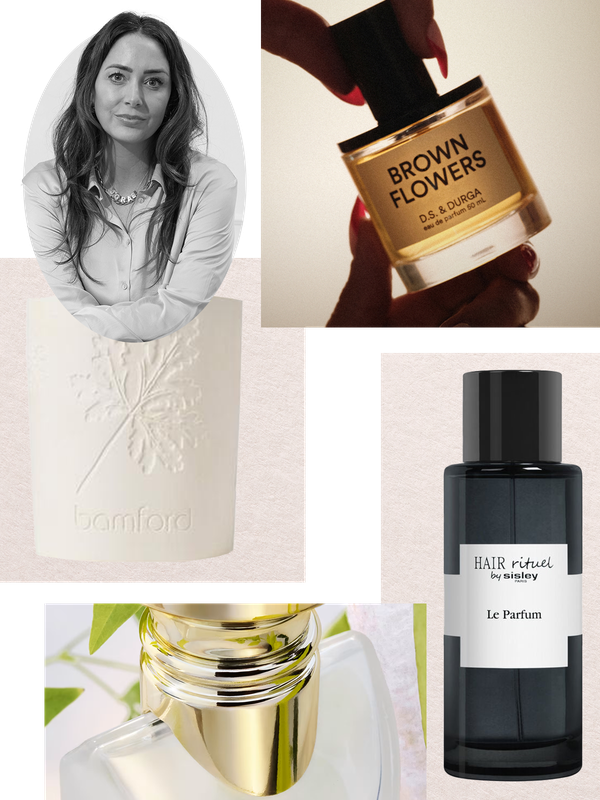14 Small Changes That Could Make A Big Difference To Your Health
Switch On Airplane Mode
Whether it’s emails, Instagram or news alerts, we’re constantly bombarded with incoming notifications, which puts the brain in a constant state of multitasking. This in turn shortens our attention span and reduces ability to focus. To maintain a clear focus on other, more important daily tasks and stop your head and stress levels from spinning out of control, make use of your phone’s airplane mode for more than actually flying.
Breathe Big
Cyclic sighing, a form of controlled breathing that’s often associated with feelings of exhaustion or boredom, is defined as having an exhalation that’s roughly twice as long as the inhalation. And while you might not consciously do it often, it could be just the thing to have in your anti-stress toolkit due to the way that longer exhalations help lower heart rate. According to a study by the University of Stanford, cyclic breathing is one of the most effective way to reduce anxiety and boost mood compared to other forms of controlled breathwork like meditation and box breathing.
Write It Down
Getting thoughts, worries and ideas out of your head and on to paper is a powerful tool for better wellbeing. Noting down things that are causing you anxiety allows you to rationalise more easily, but it’s important to write down the positive too. Reminding yourself of the small but great moments in life is a good exercise in gratitude and can help lift your spirits when you’re struggling.
Eat More Fibre
Although the recommended daily fibre intake is 30g a day, it’s a number many of us fall short of reaching. As well as being important for our digestive health, fibre is vital for cardiovascular health and reducing the risk of diabetes and some cancers. While fibre comes in many forms, some of the best nutrient-rich options come from plant sources. If upping your intake sounds like too much of a challenge, Zoe, the science and nutrition company, has done it for you with its new whole food, plant-based supplement. Daily30+ contains a blend of over 30 selected plants full of over 35 different types of fibre and 7,000+ beneficial plant chemicals. Adding one scoop of the seedy spice mix adds 5g of fibre and tests show that as well as improving the microbiome, it delivers increased energy, better sleep and better satiety.
Start Saying No
If you’re a people pleaser, you’ll know that saying yes to things that aren’t priorities means expending more mental (and physical) energy more often and less time for your real priorities. Learning to say no can be difficult at first and it takes time to adjust, but before long you’ll be revelling in your new-found freedom.
Dress The Part
Struggling to find motivation to work out? Try adding a new piece of kit to your workout collection. When you look good, you feel good, so if you’re feeling in a slump about the thought of working out, make sure you wear the piece of kit that always makes you feel your best. It may sound trivial but sometimes even the tiniest detail can help get you in the zone. If you’re a yoga devotee, why not switch out your regular leggings for yoga pants? Free flowing and elegant enough to be worn beyond the yoga studio, we love BAM’s newest designs.
Have A Hug
Although it might seem innocuous enough, the simple act of a hug is a powerful mood booster. Otherwise known as ‘slow touch’ a hug activates nerves which trigger neurochemicals in the brain like dopamine and oxytocin, the love chemical. While hugs are known to encourage emotional binding between adults, they’re also especially important for the emotional development of children.
Plot Out Your Day
If you’re feeling overwhelmed by the sheer number of things on your to-do list, try breaking down the day’s tasks into realistic sections and prioritising them. Organising them into important projects, shorter tasks and maintenance tasks can help to make them seem less insurmountable.
Cook Carefully
According to a 2022 study certain cooking methods that use fierce heat like roasting, frying or grilling increases inflammatory markers in the body. If you can, eating raw, steamed, stewed or boiled food will ensure you retain as much of the nutritional goodness as possible and benefits your overall health long-term.
Gargle Your Way To Calm
Gargling liquid – be it water, apple cider vinegar or your favourite (cooled) herbal tea – is an easy way to encourage physical reverberation of your vocal chords, and activate your vagus nerve. This simple act triggers a parasympathetic, or rest and digest, response in the body and calms feelings of stress and anxiety.
Pick A Plant
House plants not only improve the air quality inside your home, but they can also help increase productivity too. According to one study, the presence of greenery in a workspace decreases feelings of stress and increases productivity by as much as 15%. Patch Plants has a great selection to choose from.
Wear Fragrance
Scent is the most powerful sense we have and can have a hugely positive effect on our emotional wellbeing. When we smell things, small particles of scent travel up through our nose to the limbic system in the brain, which is responsible for regulating and processing emotions, memory and mood. If you’re experiencing brain fog, zesty citrus notes can help pull you out of it quickly.
Put Down Your Devices
Aside from the obvious implications of being glued to devices all day, it’s essential for our brain health that it gets some downtime away from technology. When we experience moments of quiet and calm, the DMN (default mode network) in our brain is activated. This is the area in the brain that enables us to solve problems and flex our creative muscle, so it’s essential to build in at least ten tech-free minutes every day to keep on top of things mentally.
Go Electric
If you’re one of the third of UK adults who still use a manual toothbrush, it’s time to switch things up (and on). According to researchers behind an 11-year study that examined the brushing habits of the UK, those who used electric toothbrushes had healthier gums and experienced less tooth decay. The study, published in the Journal of Clinical Periodontology, also found that using an electric toothbrush resulted in 22% less gum recession and 18% less tooth decay over the same time period. As well as electric models reaching deeper into cracks and cervices than manual brushes, the inbuilt timer functions mean you’re more likely to brush for the full, required two minutes. The vibrations also prevent you brushing too vigorously, which can damage your teeth and gums and cause issues like gum recession and enamel wear.
DISCLAIMER: Features published by SheerLuxe are not intended to treat, diagnose, cure or prevent any disease. Always seek the advice of your GP or another qualified healthcare provider for any questions you have regarding a medical condition, and before undertaking any diet, exercise or other health-related programme.
DISCLAIMER: We endeavour to always credit the correct original source of every image we use. If you think a credit may be incorrect, please contact us at info@sheerluxe.com.






